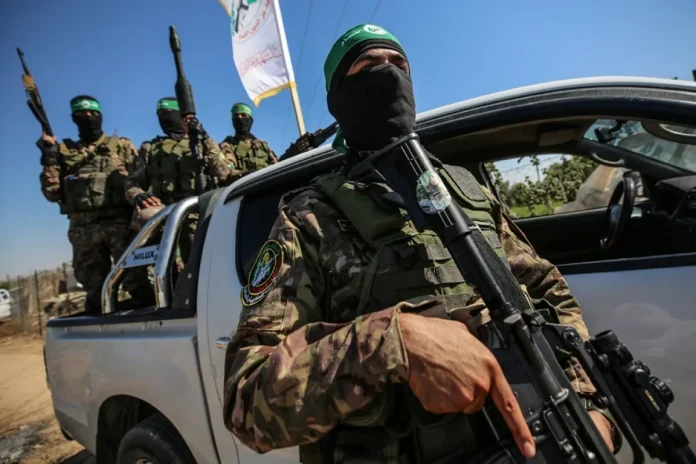On April 1, 2025, the Israeli Defense Army (Tsagal) carried out an air attack on the southern suburbs of Beirut, Lebanon, destroying the Hosbollah terrorist organization, which was involved in recent terrorist plans against Israel. The strike was directed at the key stronghold of Hezbolla in the Dakhari area, which is one of the main citadels of this Shiite group in Lebanon. Tsagal confirmed that the operation was performed because of a serious threat to Israel's safety and in particular civilian population.
The goals of the Israeli blow were the members of Hezbolla, including one of the militants who previously coordinated the activities of Hamas fighters in Gas. According to the Israeli military, this terrorist was actively involved in the planning and organization of large -scale terrorist attacks aimed at the Israeli population. In particular, he had a direct impact on the creation of strategies aimed at arranging terrorist attacks in Israel, using, in particular, Hamas manuals.
Israeli security forces express concern because of a constant threat from terrorist groups operating in the region, including Hezbolla and Hamas. Both organizations have common goals to destabilize the situation in Israel and make joint efforts to organize terrorist acts in the Israeli territory. The Israeli military clarified that the terrorist, destroyed during this operation, played a key role in coordinating these attacks.
Tsagal in his report noted that since the terrorist was a direct threat to the life of the civilian population of Israel, the attack was necessary to neutralize this threat. The military also emphasized that such intervention is part of their efforts to protect national security and terminate any attempts to organize terrorist attacks in the country.
However, such an operation can cause a new exacerbation of conflict in the region. Hezbolla, Shiite Group, which has support from Iran, has repeatedly stated Hamas support, and Israel's actions against its members can cause new acts of violence. Lebanon, where Hezboll has a significant impact, can reveal its reaction to similar blows, which will increase the tension between Israel and Lebanon, as well as within the wider geopolitical struggle in the Middle East.
The conflict between Israel and Hezbolla has been going on for several decades, with the situation on the front line in recent years, with numerous collisions on the southern border of Israel. Hezbolla actively supports the Syria government, speaking on the side of President Bashar al -Assad during the Syrian Civil War, and continues to act in Lebanon, creating a constant threat to Israel's security.
Since 2006, when the last large -scale conflict between Israel and Hezbolla has taken place, the situation in the region remains extremely unstable. Hezbolla during this time significantly intensified her position, receiving support from Iran, which allows her to constantly modernize her military infrastructure and strike for Israeli purposes.
Lebanon, for its part, is divided into his support of Hezbolla. The official government of Lebanon does not always support the actions of this group, as the country is experiencing its own political and economic crisis. However, Hezbolla has a significant impact among the Shiite population and the south of the country, which complicates the situation for Lebanon. In response to the latest attack by Israel, Livan has recently called on the international community to stop aggression and violation of the country's sovereignty.
It is likely that this blow of Israel will cause an escalation of violence in the region. Israel can strengthen its safety measures and conduct further operations against terrorists in Lebanon and southern Syria, while Hezbollah can begin new attacks on Israeli territory. The international community is concerned about the possible consequences of such operations, as the situation in the Middle East can quickly get out of control and lead to new major conflicts.
Israel and Hezbolla, as the main players in this conflict, will try to strengthen their position in the international arena, which can lead to new diplomatic and military challenges for the whole region.


